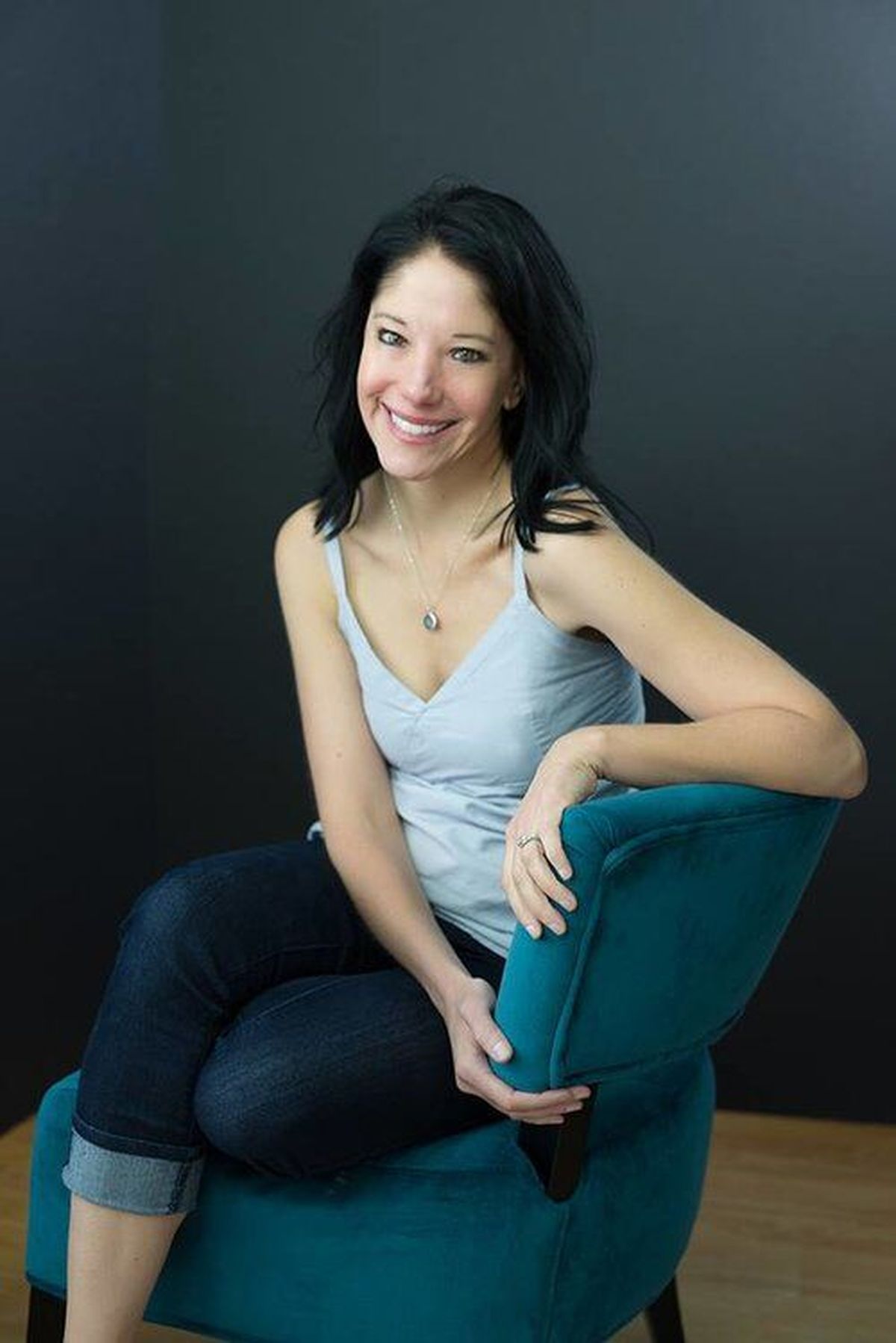Family Fun: Jennifer Longo offers readers glimpse of life for teen in foster care

One of the things that Jennifer Longo wants you to know about kids in foster care is it’s not their fault. They’re not bad kids; it’s the adults around them who’ve failed. Another thing: You should listen to them.
Longo is the author of “What I Carry,” a Y.A. novel about Muiriel, a 17-year-old girl who’s spent her life in foster care and is about to age out. In honor of Foster Care Awareness month, Longo will talk to a virtual gathering of the Northwest Passages Book Club moderated by Spokane radio personality Molly Allen, co-founder of Safety Net, a Spokane-based organization that helps kids aging out of the foster system.
Longo is glad the month is about awareness, not celebration.
“Foster care is not a great thing to celebrate,” she said. “It’s existence is borne of trauma. There’s a kid who needs someone to take care of them” because they’ve lost their parents, or their parents are unable to take care of them.
Though it’s inherently a traumatic event, not every foster story is a bad one, Longo said. “There’s great situations, and there’s bad situations,” but most of the stories people see are the bad ones in news articles, novels or movies.
Longo wrote “What I Carry” because her daughter asked her to. The teen wanted something that more reflected her life experience – she was adopted by Longo and her husband at age 3 after being placed with them for foster care when she was 1.
“Every person wants to read a book that they see themselves in,” Longo said. And while there are some beautiful books about foster care, there weren’t any that resonated for her daughter, books about kids having regular lives, “but their unique situation is that they’re living in or aging out of foster care.”
So her daughter asked her: “Could you write a book that’s a little less yell-y, a little less molest-y?”
But Longo wasn’t sure she should. “This isn’t my story. I didn’t live in foster care, I was never adopted or aging out of foster care. And my daughter was like, ‘Then don’t write your story, write my story.’ “
Muir, in a lot of ways, is like Longo’s daughter. “She’s very resilient and real matter of fact about things.” But unlike Longo’s daughter, Muir was never adopted. And, Muir is white, while her daughter is of Asian descent.
In the novel, Muir moves from Seattle to an island (an unnamed Bainbridge Island) for her final placement with Francine. There, she starts to break the rules that she’s created to keep herself safe – and unconnected from people – while in foster care.
In opening up to Francine and new friends, she learns about home and family. One of those friends is part of a Japanese American family who has lived on the island for generations, except when they were forced to leave during World War II for the internment, making the novel a good pick for Asian American Pacific Islander Heritage Month, which is also May.
In researching the book, Longo also talked to about a dozen teens in foster care or who had recently aged out of care. Because, “the only voice that matters when you’re talking about foster care are the kids who are living it.”
Most of the people she contacted “were really willing to talk. … They’re used to no one caring what they think.”
She used their stories to create the details of life in care, like how each house smells different, or items or practices kids used to create consistency for themselves.
“There’s the truth and there’s the facts, and those aren’t necessarily the same things,” she said. “So, you take the fact of something and turn it into a story that resonates with truth.”
She hopes that people who read the book will gain some understanding of what foster care – and aging out – is like.
“The simple truth is that kids in care are humans deserving of love and respect and care just like every other person born,” she said. “Kids in care are just kids trying to make it.”